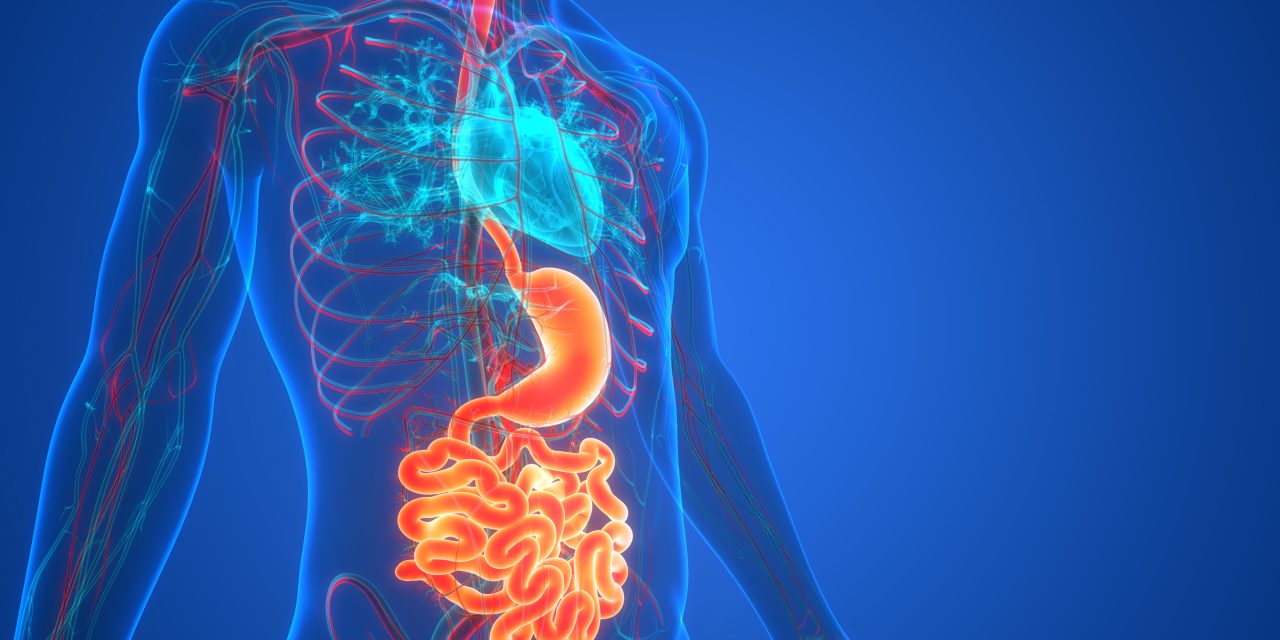Arcobacter (A.) butzleri is an emerging zoonotic pathogen associated with gastrointestinal diseases, such as abdominal cramps and diarrhea, and is widely detected in animals, showing a high prevalence in poultry and seafood. The survival and adaptation of A. butzleri to cold temperatures is poorly studied but it might be of interest for food safety considerations. To address this, growth patterns of eight A. butzleri isolates were determined at 8°C for 28 days. A. butzleri isolates showed strain-dependent behavior: six isolates were unculturable after day 18, one exhibited declining but detectable cell counts until day 28 and one grew to stationary phase level. Out of 13 A. butzleri cold shock-related genes homologous to E. coli, 10 were up-regulated in response to a temperature downshift to 8°C, as demonstrated by RT-qPCR. Additionally, we compared these data with the cold shock response in E. coli. Overall, we provide a deeper insight into the environmental adaptation capacities of A. butzleri, which we find shares similarities with the E. coli cold shock response.This article is protected by copyright. All rights reserved.
The transcriptional response of Arcobacter butzleri to cold shock.


